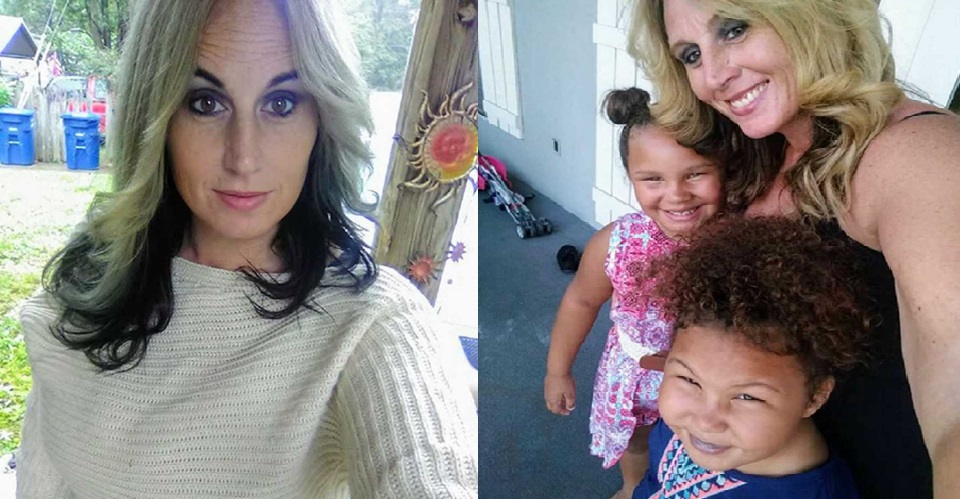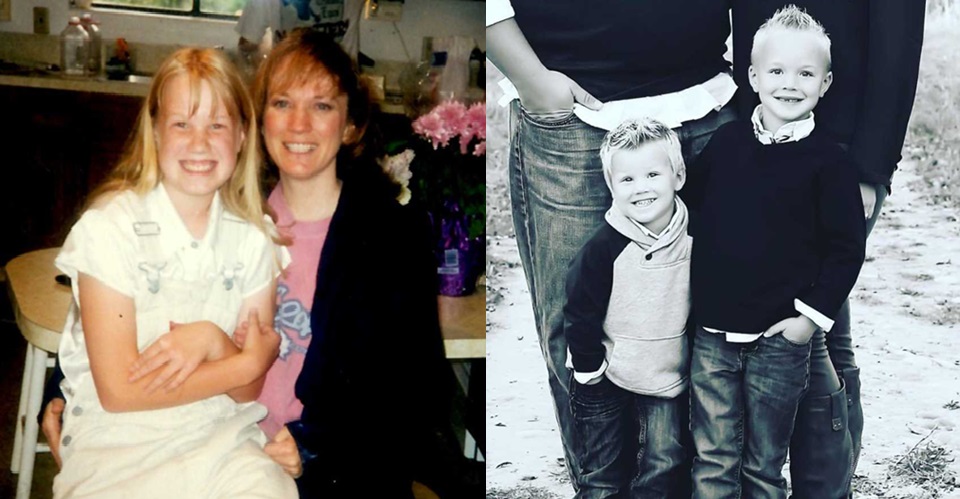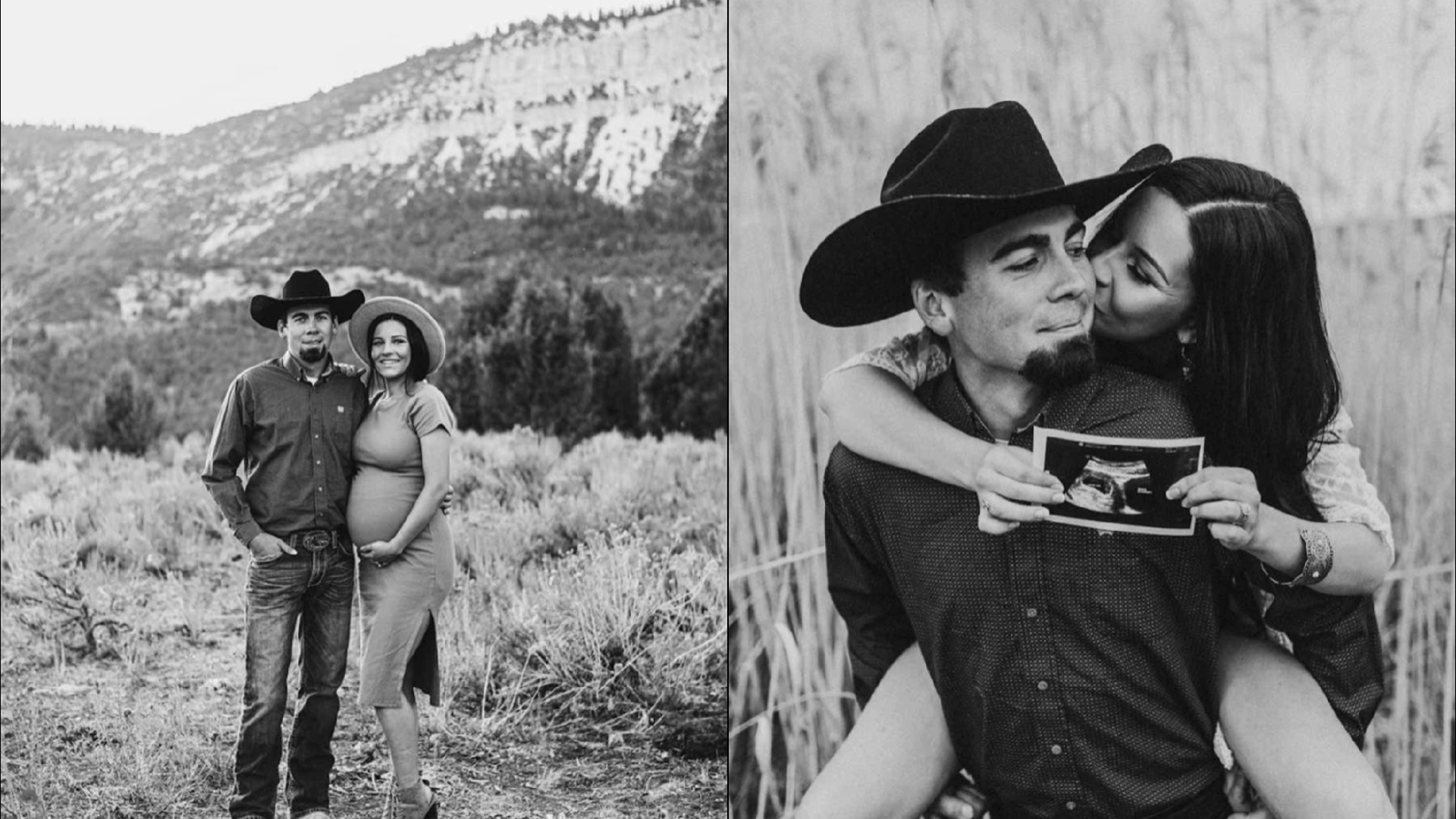Hate is not embedded in children; it is planted into those who teach love and respect. Children are innocent-hearted creations that cannot harm anyone. Hate for region, color, or caste is a significant issue in our society, and it is the worst thing ever when hate reaches children. We see people talking about bringing change; however, change begins when we refuse to stay silent because we protect the innocent and teach the next generation that compassion, not fear, is the path to be followed.
Nikki is the mother of two beautiful bi-racial daughters. Three years ago, she moved with her fiancé and her kids from New Albany, Indiana, to a small town in search of a better environment and society. In New Albany, her eldest daughter faced some racial discrimination when she started kindergarten. The administration took a minor concern.
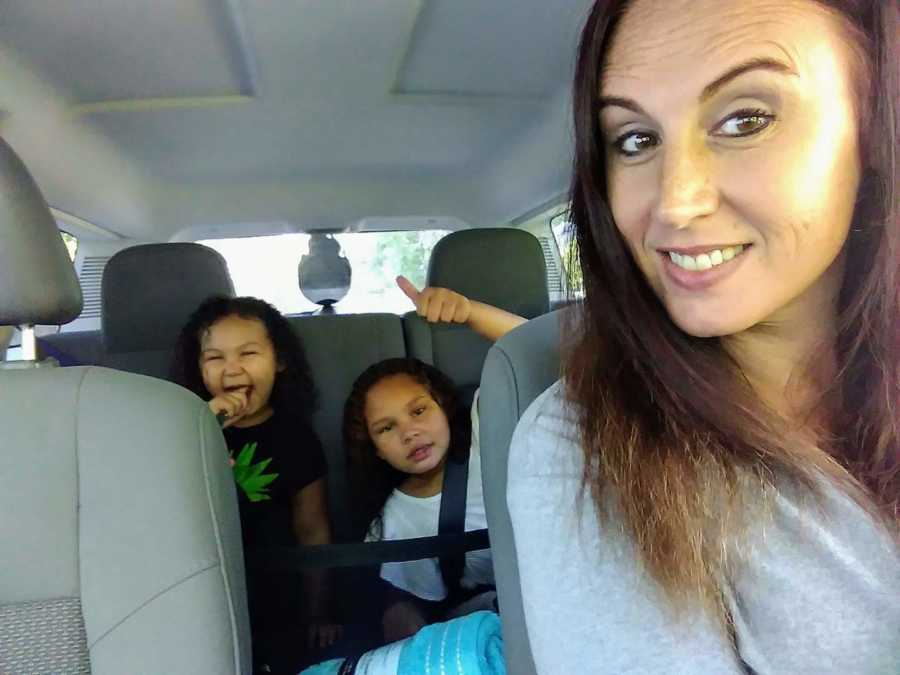
The idea of moving from New Albany was a relief for them. The new society and environment were so welcoming that neighbors waved at and greeted them, and her daughter flourished socially and academically in her new school. After some time, an unexpected incident happened when her fiancé passed away. Her fiancé was the only one earning, and he was the sole provider.
This loss left them struggling to pay rent and put food on the table. Without a social network, she had to find a way to earn not for herself but for her daughters. She had no family or friends who could have helped him through this situation.
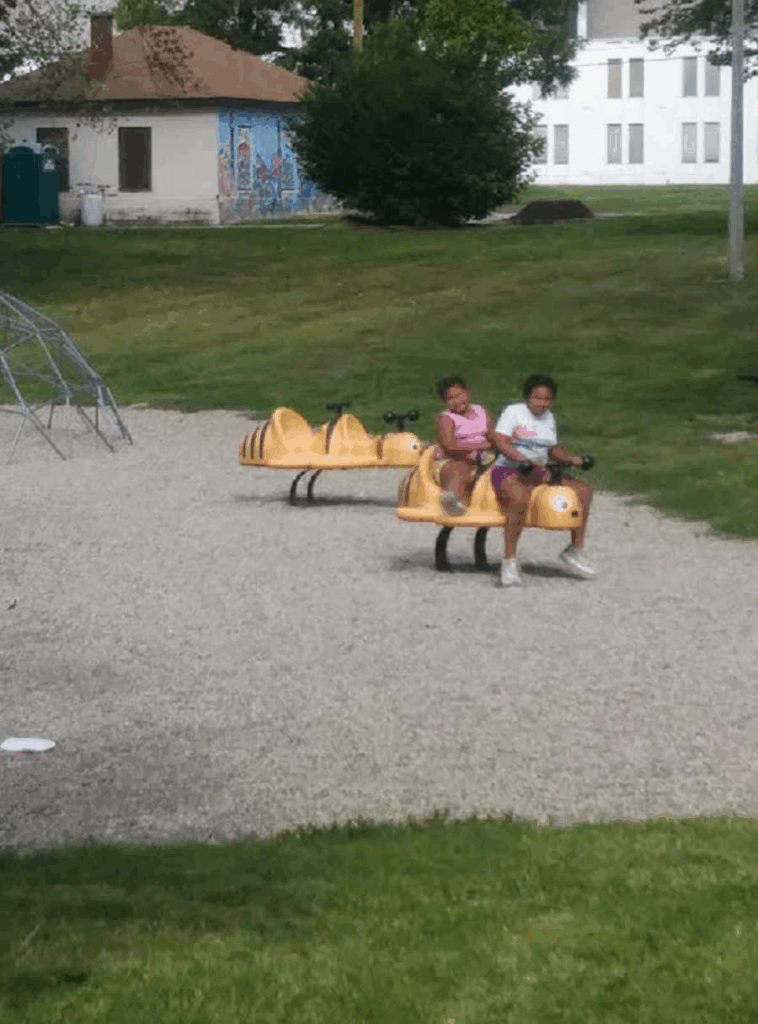
Eventually, she started freelance work that helped her family a lot. Over time, their lives stabilized, and they started enjoying themselves again. They have lovely surroundings near their apartment, like a beautiful walking place, and the best thing is having a park in their town.
Nikki was happy because she could take her daughters to the park. One summer day, Nikki took her daughters to the park to enjoy. The playground was empty except for one white child. Nikki’s daughters quickly started playing with the child, building a rock pile and laughing. Nikki sat there on a bench near her daughters to keep a watchful eye.
After about 20 to 25 minutes, a middle-aged white woman approached; she was the mother of the white child. She pulled her daughter away from them and told her child to stay away from Nikki’s kids, then returned to her car. This happened twice, with the woman appearing increasingly irritated. Then, on the third time, the white child’s mother came. Nikki overheard their conversation, telling her daughter not to play with “those (N-word) kids.”
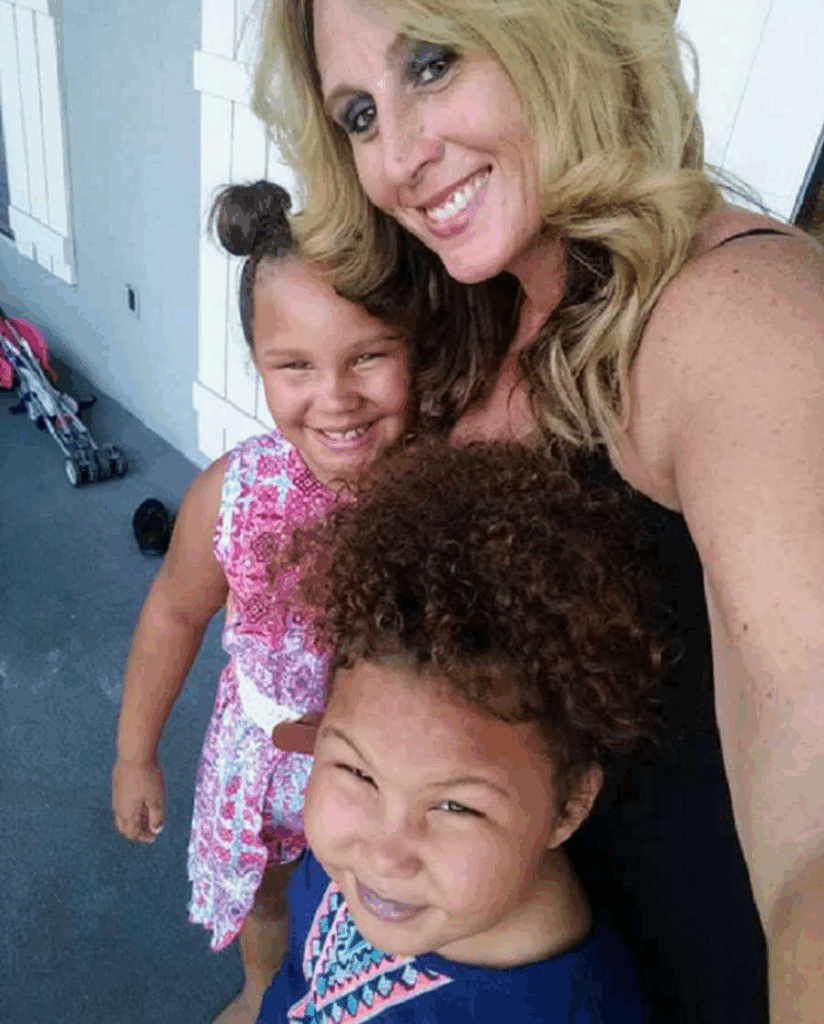
The words were harsh, not just because Nikki’s daughter heard them but because of the cruelty behind them. She noticed the little white girl looking at her mother’s car and was waiting to play with them again.
However, the white child’s mother came again, and this was the time when Nikki decided to react. She didn’t know that those kids were Nikki’s, but she remained focused on her child and said that she didn’t want her daughter to play with Nikki’s kids.
Nikki challenged her excuse, pointing out that you rarely know the people at a park and that her daughters were kind, lovely children. The white woman became uncomfortable with this, and it became clear she had mistaken Nikki’s children for those of a Black couple sitting far away, who had nothing to do with the playground.
Nikki made it clear that she wouldn’t tolerate this kind of behavior. She repeated her exact words, making the white person embarrassed. The white woman then returned to the playground, sat near her, and allowed the children to continue playing together for nearly an hour.
On their way back home, her daughters said they’d had fun. But the eldest one quietly thanked her for standing on their behalf because they listened to everything the white woman said in the park. Luckily, that white girl also attends the same school as her daughter, but had a different teacher.
They planned to stay friends, but the little girl had asked that they keep this a secret from her mother, which broke Nikki’s heart. It wasn’t her children who had witnessed that behavior; it was also that this other child was being taught intolerance against her natural kindness.
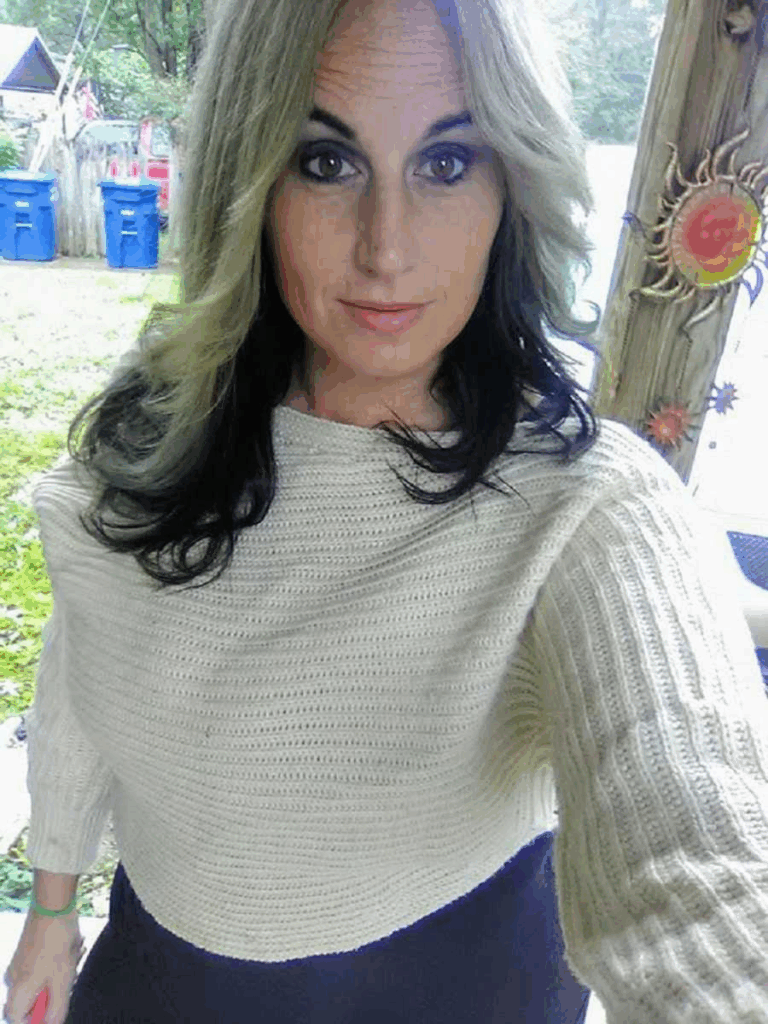
The incident left her reflecting on the continuity of racism in society. For Nikki, kindness means refusing to judge anyone based on race, religion, sexual identity, or disability. She believes we are all connected and here to learn to love one another unconditionally. It frustrates her that some people still feel entitled to treat others with hostility simply because of differences. Nikki was proud of raising children who loved and accepted everyone, and wished more people could experience the joy of that openness.
Nikki ran to that woman at the grocery store the next day and was surprised when she waved at them. Her daughters ran to hug the white woman’s child. Although she still isn’t sure that she changed the woman’s beliefs, at least in public, she showed respect and didn’t interfere again.
